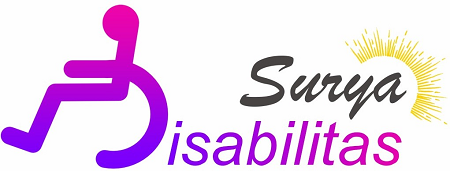Discover the power of social stories as an intervention for children with autism spectrum disorder (ASD). Learn how social stories can help improve social skills, reduce anxiety, enhance communication, and develop problem-solving abilities. Explore the guidelines for creating effective social stories and how they can be tailored to meet the specific needs of each child. Empower children with ASD to navigate social situations and foster meaningful connections through the engaging medium of social storiesSocial stories were developed by Carol Gray, a teacher and consultant who worked with children with ASD. She noticed that many of these children had difficulties understanding the social cues and expectations that guide everyday interactions. She also realized that they often learned better through stories than through direct instructions or feedback. She created social stories as a way to provide clear and concrete information about social situations in a format that was engaging and easy to comprehend.
Social stories can help children with ASD to:
- Improve their social awareness and perspective-taking skills
- Reduce their anxiety and confusion in unfamiliar or challenging situations
- Increase their motivation and confidence to participate in social activities
- Enhance their communication and relationship-building skills
- Develop their self-regulation and problem-solving skills
- Introducing new or complex social situations, such as going to a birthday party, visiting a doctor, or starting school
- Teaching specific social skills, such as greeting others, taking turns, or asking for help
- Explaining social rules and norms, such as waiting in line, sharing toys, or saying sorry
- Addressing common challenges or behaviors, such as tantrums, meltdowns, or aggression
- Supporting transitions and changes, such as moving to a new house, having a new sibling, or coping with loss
- Use simple and positive language that matches the child's age and comprehension level
- Use first-person or third-person perspective depending on the child's preference and learning style
- Use present tense and descriptive sentences that state facts rather than opinions or judgments
- Include four types of sentences: descriptive (what happens in the situation), perspective (what others think or feel), directive (what the child should do), and affirmative (why the situation is positive or important)
- Balance the ratio of descriptive and perspective sentences to directive and affirmative sentences (at least two of the former for every one of the latter)
- Use pictures, symbols, or drawings to illustrate the story and make it more appealing and memorable
- Review the story with the child before, during, and after the situation it relates to
- Provide praise and reinforcement when the child follows the story and displays appropriate social behaviors
#social stories, #autism spectrum disorder, #ASD intervention, #improve social skills


Post a Comment for "Social Stories: Building Social Skills in Children with Autism"